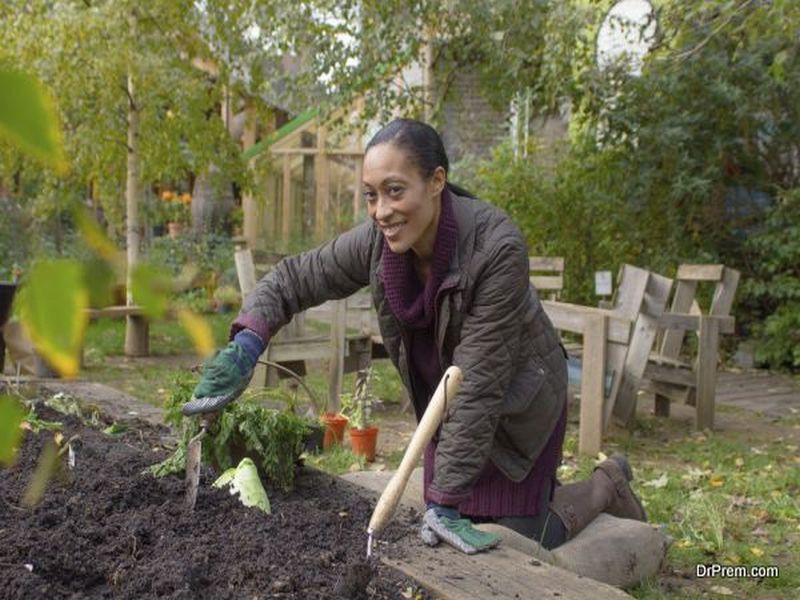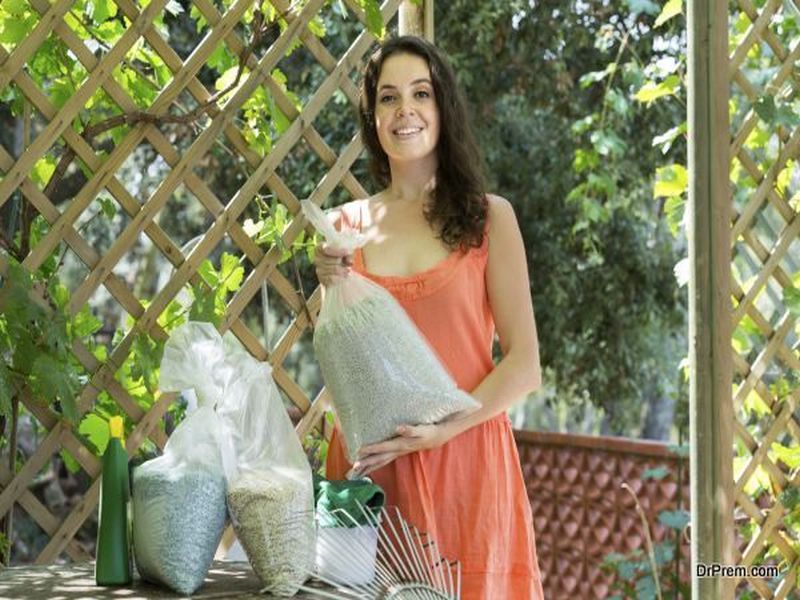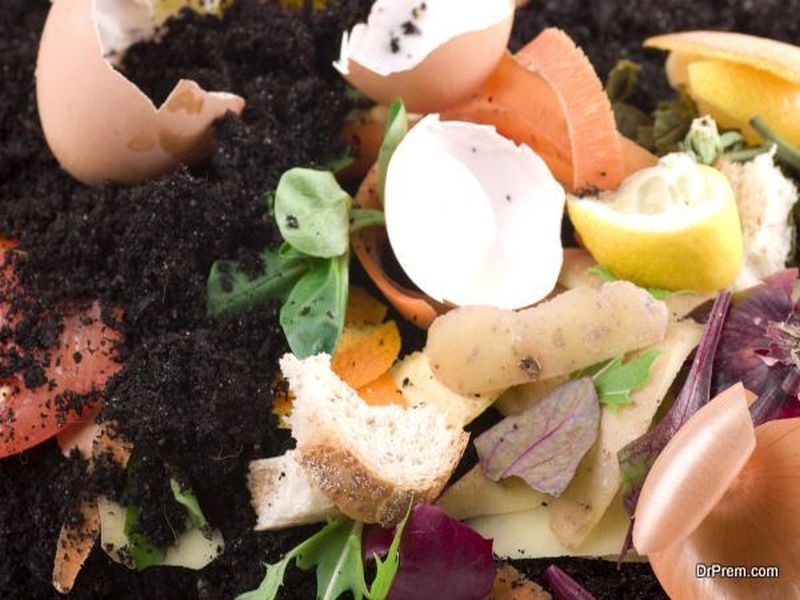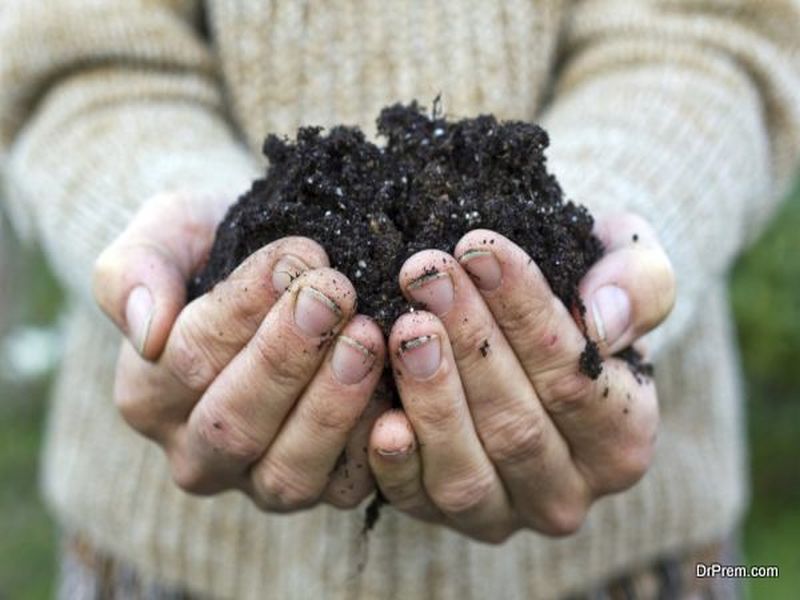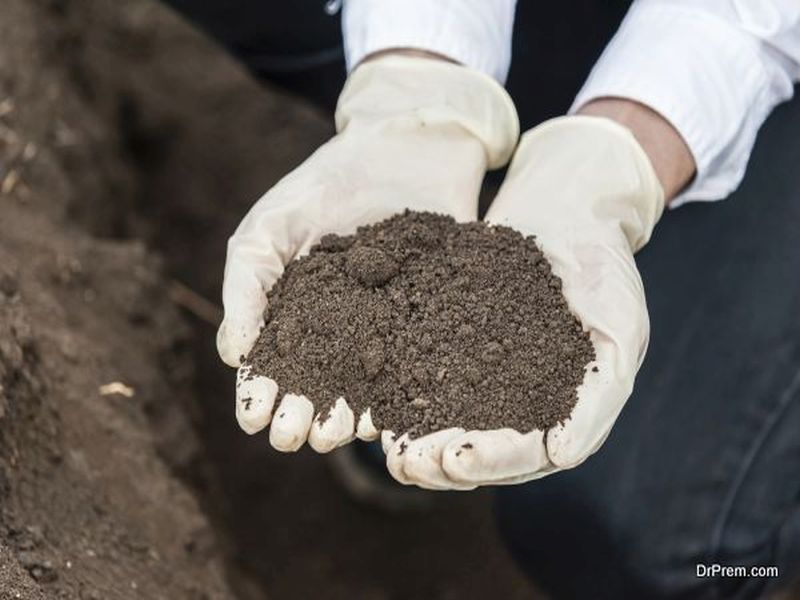Composting at home means you transform the organic, degradable waste in your home into a nutrient rich fertilizer at home. Your plants would thrive on this low or no cost organic fertilizer and if you have more than what you need, you can donate it or even sell it. You just have to provide air and water to your compost pile, encouraging the microorganisms to flourish and compost faster. If composting is new to you, here are a few things you could do for better composting:
Start with a compost bin
You can either build a compost bin or buy one to start composting. The compost bin can be placed behind a shrub or blend in with your garden, so that your yard is organized and neat.
Or you can start a compost pile 3x3x3 ft if you choose. This should be the biggest size as bigger than that is hard to manage and will decompose at a slower rate. Check the bin/pile after you set it up, and if it’s hot in the centre, it means it’s ready.
Maintain the heat
The compost pile should receive direct sunlight, and you can store the compost in black plastic bins in winter for the composting process to continue. Hay bales can insulate compost piles too. Compost decomposes fastest at 120-160 degree F.
Materials you can compost
It’s not just kitchen scraps that you can compost – you can throw dead houseplants, coffee grounds and tea bags, fireplace ashes, kelp and seaweed, eggshells, used napkins and paper towels, eraser rubbings and pencil shavings, bamboo skewers, toothpicks, organic degradable decorations, used matches and so on, basically anything that is biodegradable.
Materials you should not compost
Pet fats or droppings and animal products should not be a part of your compost mix. These spread disease and also attract pests. Do not use plants which have treated with pesticides or herbicides. If you add ash, add it sparingly, as the alkaline ash affects the compost pile’s pH negatively.
Chop and shred
Chop and shred materials before you mix them into your compost pile. You can shred brown waste like leaves by running the lawn mower over them. Try to make your kitchen scraps and other organic waste as small as possible, as the smaller things are, the better it is for your compost pile.
Balance dry and wet waste
Use both wet green waste (nitrogen rich kitchen scraps etc) and dry brown waste (carbon rich hay, leaves and straw) in a balanced manner. As brown waste is already a little decomposed, it helps in composting green waste faster.
Add moisture
Moisture is an important factor which helps to break down compost matter. Lightly mist the contents of your compost bin with your hose. You don’t need to saturate the compost pile for the decomposition to start. Your compost pile should feel as if it’s a damp sponge. Cover the pile if your area receives too much rain, so that it doesn’t become soggy.
Let it breathe
Waste which is underneath the surface breaks down quicker than the waste at the top. To help your compost mix break down quickly, turn the mixture in your bin or compost pile once or twice a week, so that the bottom layer comes up and the top layer goes to the bottom. When you turn the mix, it allows air into it, which leads to faster decomposition. If you have a compost tumbler, it can move the waste for you.
Put in some earthworms
Earthworms can help composting naturally. Dump a few of them on your pile and you’ll find that they will keep your compost is healthy and aerated, as well as decomposing quickly.
Deter flies
Use a lid to keep fruit flies away. Placing basil around your pile keeps flies away too. Flies also indicate that there is less brown waste in your pile. Ideally, the compost pile should have 50% brown and 50% green waste. Conceal food scraps with newspapers to keep flies away.
Composting at home gives you a constant and free supply of nutrient rich fertilizer for your soil. It is a natural recycling process helping plant growth as well as keeping garbage away from landfills.


